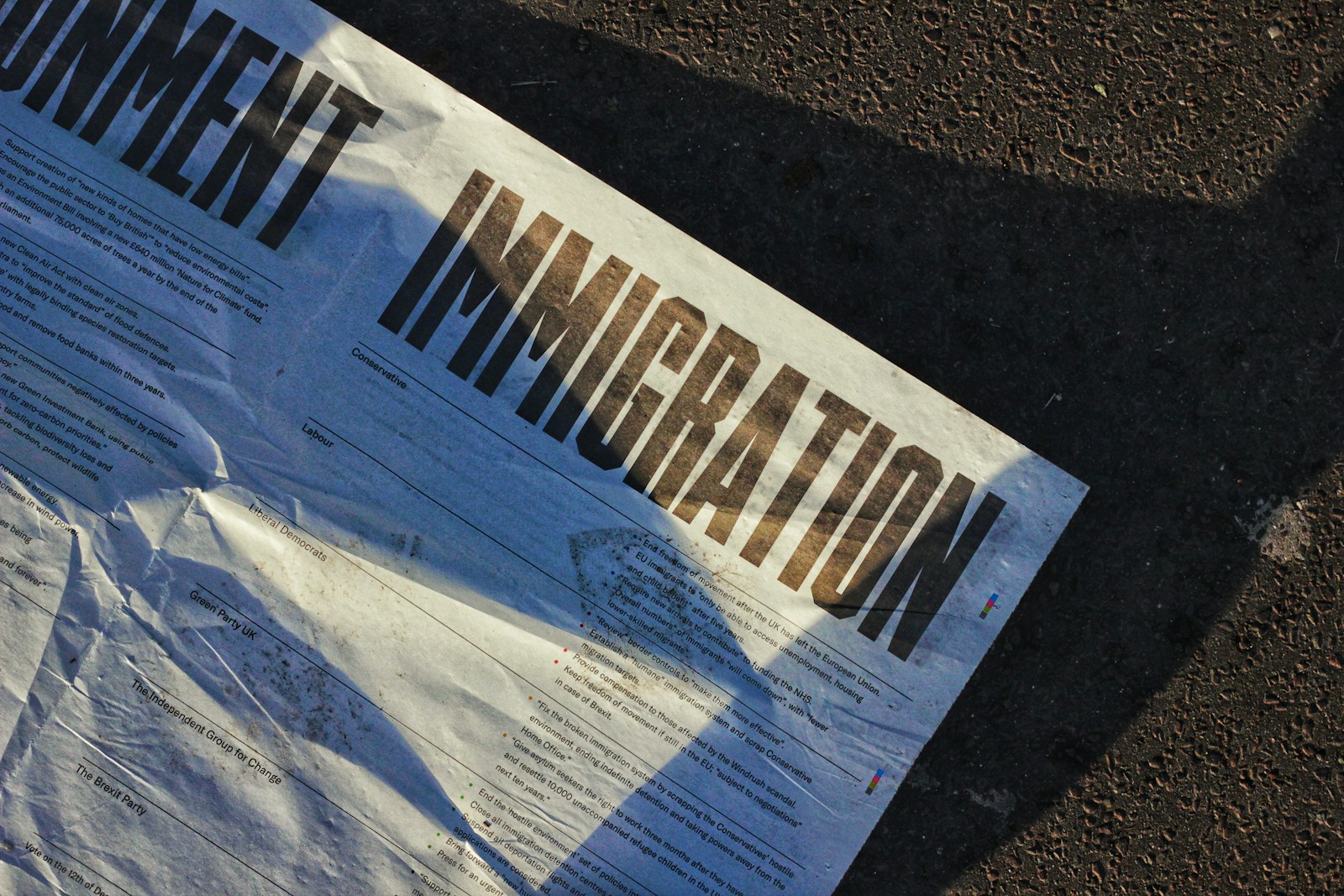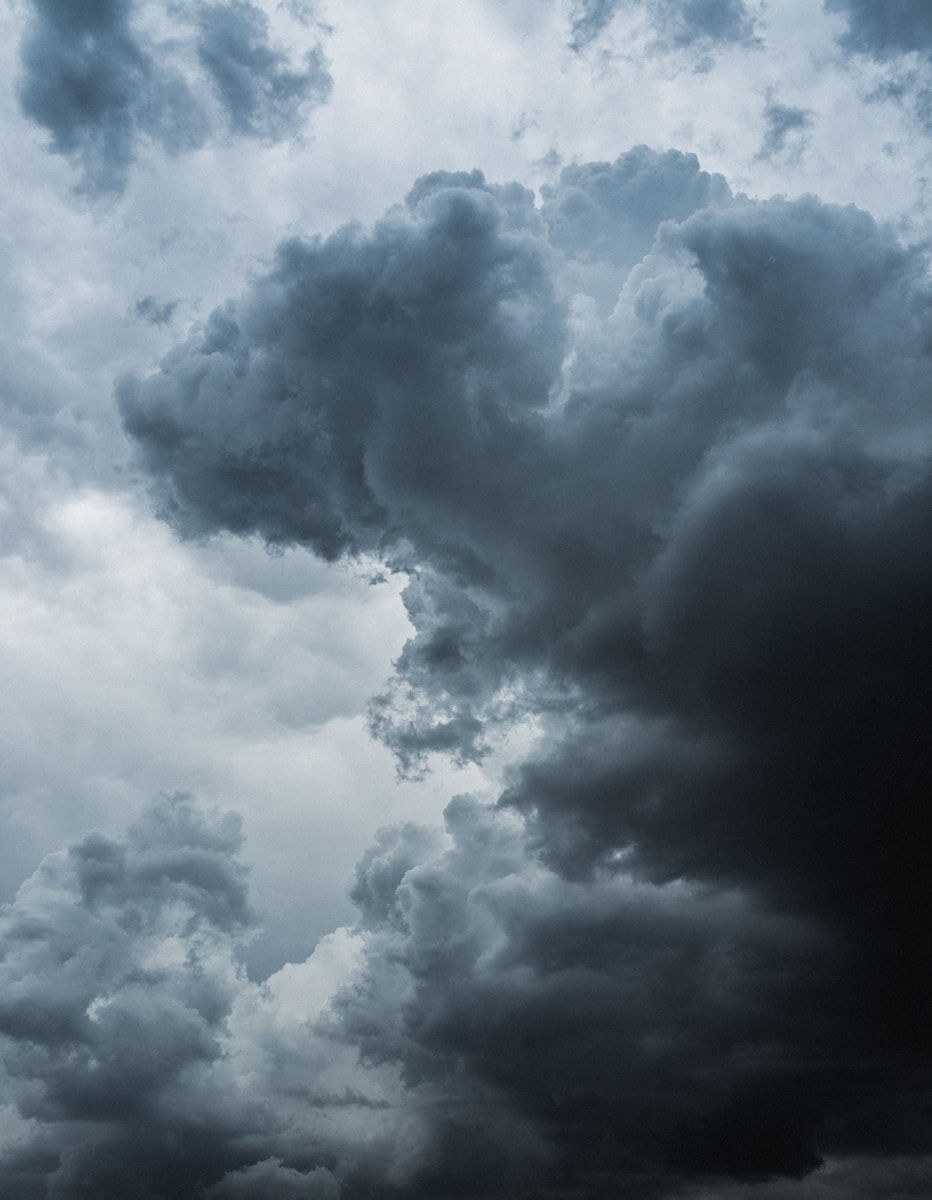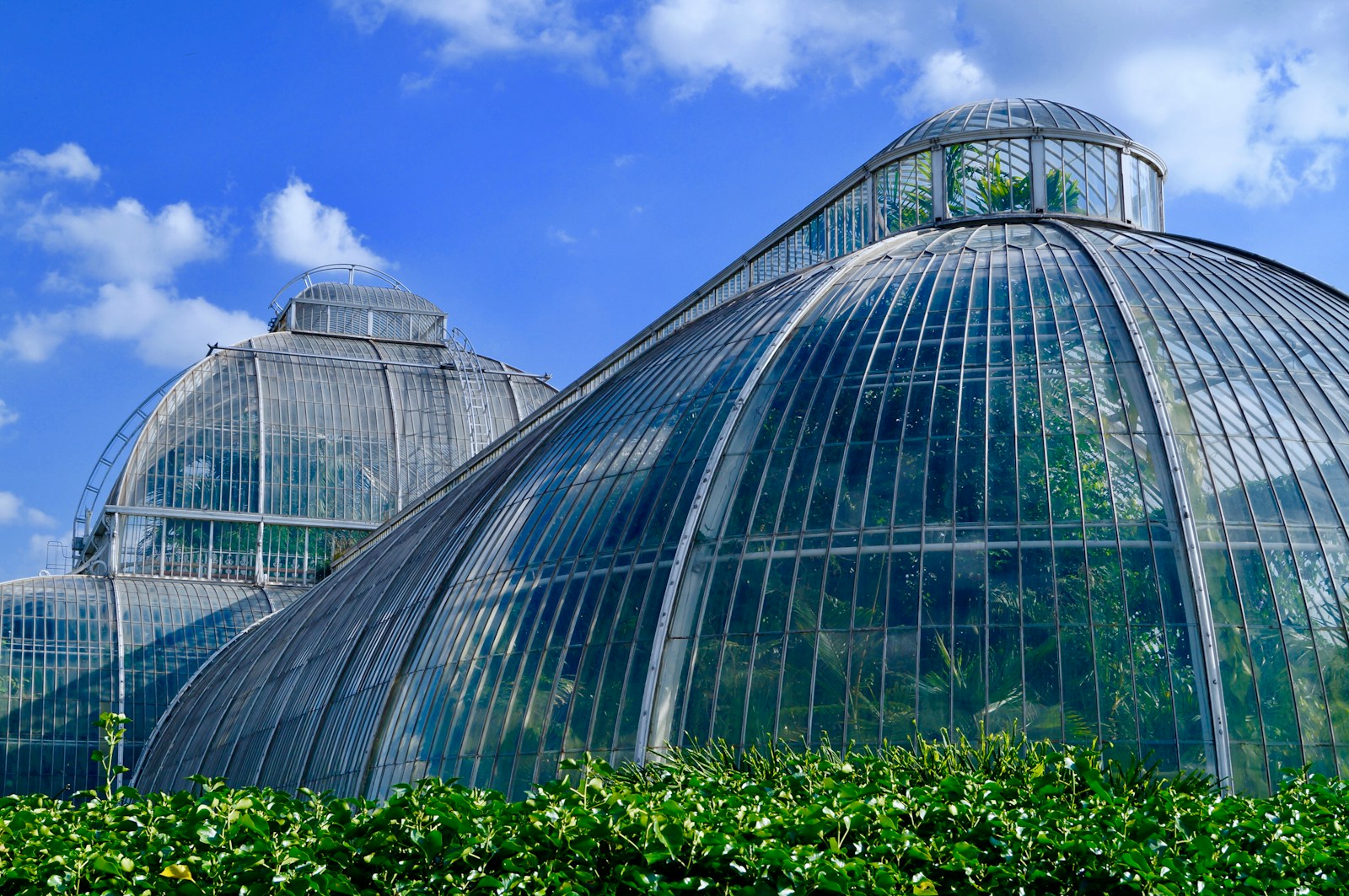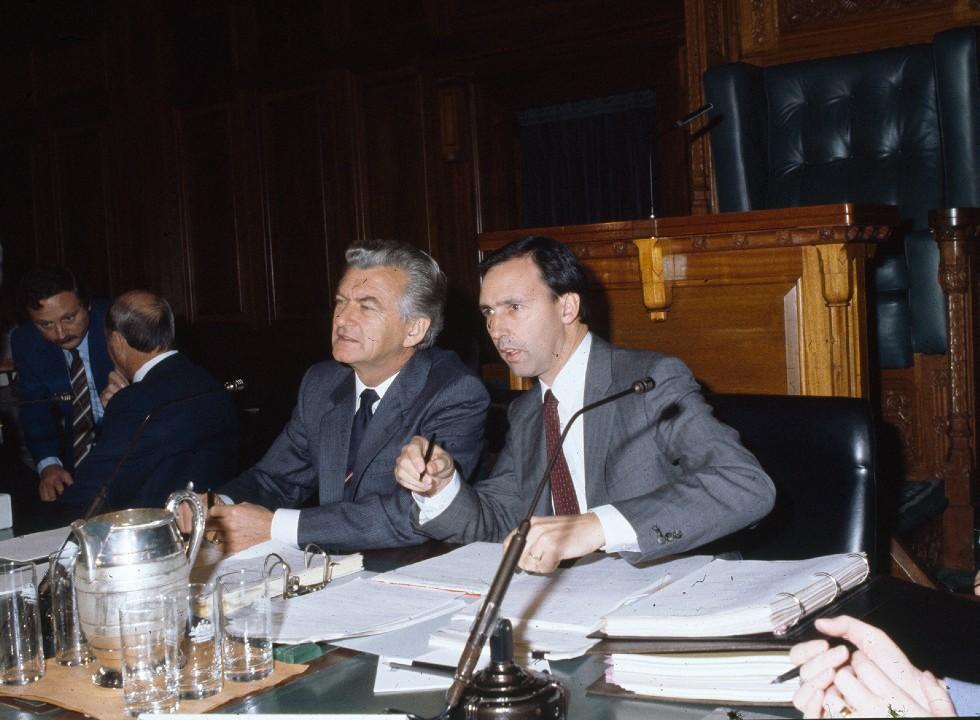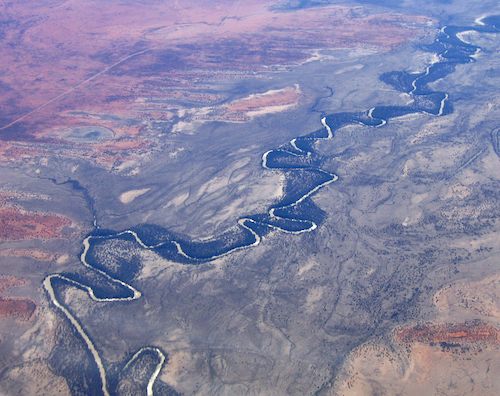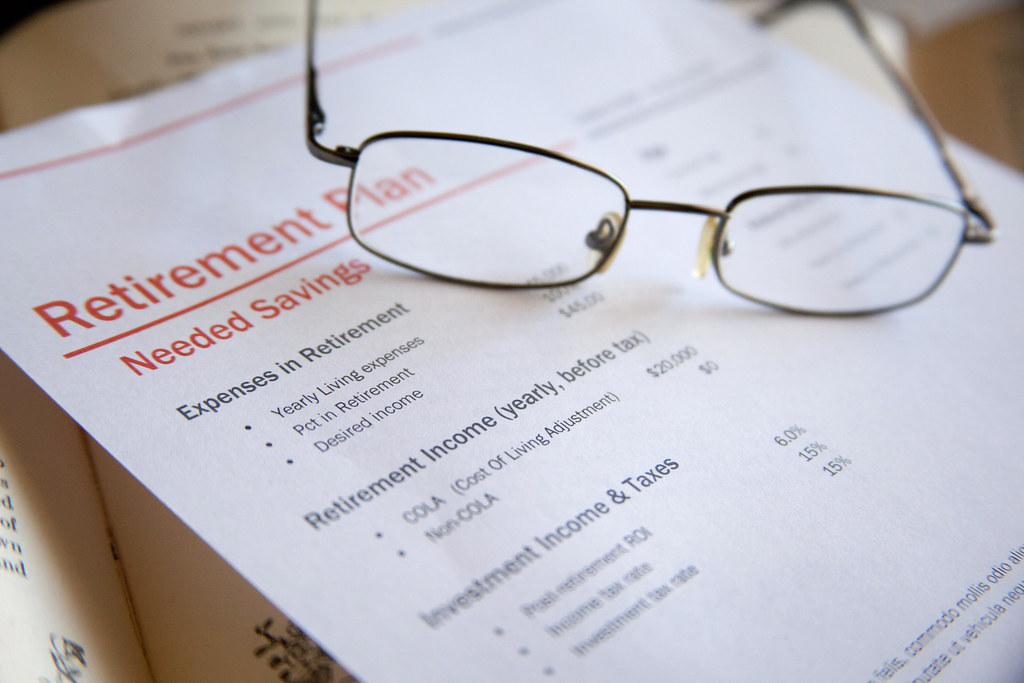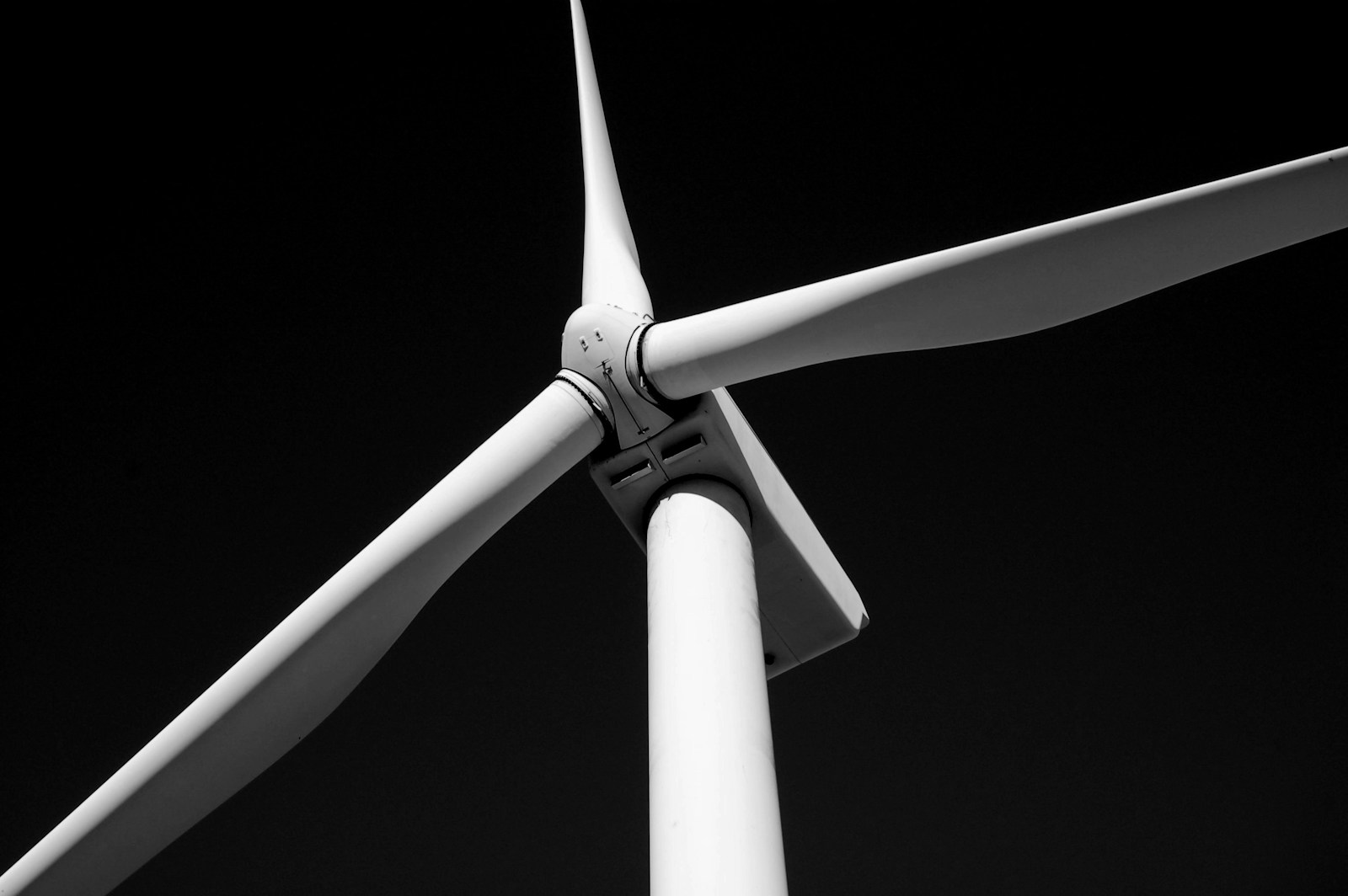I recently spoke against a Greens bill to expand the water trigger powers of the Federal government.
There is too much green tape in Australia and there is no need for companies to have to get approvals from two levels of government.
Chamber: Senate on 16/11/2023
Item: BILLS – Environment Protection and Biodiversity Conservation Amendment (Expanding the Water Trigger) Bill 2023 – Second Reading
Senator RENNICK (Queensland) (09:44): We need to get to the crux of the Environment Protection and Biodiversity Conservation Amendment (Expanding the Water Trigger) Bill 2023—that is, that this bill wants to expand on the water trigger powers of the federal bureaucracy. Having been working down here in Canberra for the last four years, I can tell you that there is only one word that ever comes out of the lips of the federal bureaucracy when it comes to actually trying to get resource projects up in this country, and that is ‘no’. We have got state governments who are responsible for approving these regulations. I want to qualify that we should protect our water reservoirs and aquifers, by all means. I’m very passionate about that. But I don’t see why we should give more powers to the Commonwealth when these companies already have to jump through hoops at the state level. All this will do is effectively create another hoop that the mining companies have to go through to get their projects approved. I have to mention that I haven’t heard anything said this morning about the impacts of renewables—in particular, wind turbines and the bisphenol A that is in the epoxy resin on those wind turbines, as well as what’s going to happen to all the cadmium and everything as solar panels erode—because there is no recycling scheme for renewables in this country. It seems to me that it’s targeted at one particular industry and not at another industry, and that is why I’m pleased to say that the coalition is opposing this bill.
There’s no need to have the federal government step in and override the powers of the state. I’m happy to assess the powers of the state. I’ve often said we need to have a federation convention that looks at the duplication of roles and responsibilities between the state and federal governments, because there is way too much bureaucratic tape in this country, and it’s killing industry and progress. If there’s one thing I know from my time travelling across the world it’s that Australia is world class and looks after its environment better than most other countries in the world—if not all other countries in the world. The claim that somehow our environment is in terminal decline is absolute rubbish. It’s funny—I look back at old photos, and at our property in western Queensland, for example, there’s more mulga out there than ever. That’s come at the expense of the grasslands—the Mitchell grass and things like that that should be growing there—because we’re not allowed to manage the mulga like we should.
By all means, let’s protect the environment, but at the same time we already have departments at the state level. I know, for example, that Link Energy was fined. The Labor state government at the time was a bit slow getting onto them, I have to say. That impacted my home town of Chinchilla, and that was known for a long time. But we need to take these claims of doom and gloom with a grain of salt. I know Professor Terry Hughes from North Queensland made a claim in a Senates estimates inquiry a number of years ago that there was coal dust all over the Great Barrier Reef, and that claim was absolutely debunked when they looked into it. I was up at Abbot Point with the current member for Dawson—he wasn’t the current member then—and I couldn’t get over it. We went out to the Abbot Point coal base, and we had a look at the terminal where the coal gets shipped off overseas, and there were stingrays and giant trevally swimming around. The water was pristine.
It’s the same for gas. Gas has been bubbling out of the Condamine River for hundreds of years. My family was a pioneering family in that area in the early 1900s, and there were sightings then of the gas bubbling up through the river. It’s not to say that fracking isn’t a risk. It is a risk, and we have to address those risks properly. But I don’t think that we have to go through two hoops and have two departments, especially a department in Canberra which we know—and we saw it with the Voice—is totally out of touch with the rest of Australia when it comes to trying to keep people in real jobs. It was their crazy neoliberal ideology in the Treasury department that effectively shut down manufacturing in this country. So Canberra bureaucrats are the last people we want to trust when it comes to looking at resource development projects in this country.
There’s another thing I want to touch on when it comes to the water trigger act. I’ll give a shout-out here to former Labor prime minister Ben Chifley. In some respects, he instigated the first water trigger act. I like to raise this because he invoked national security powers under section 51(vi) of the Constitution after World War II in order to get the Snowy Hydro scheme up and running. At the time, the states were initially against it. Ben Chifley very cleverly said that water security in this country is a national security concern, and I think it is. He went ahead and starting building what became one of the great infrastructure projects this country has ever seen. I would love to see the same thing continue to happen today. I’ll come back to the east coast. I know some of the other people have been talking about Western Australia and the Northern Territory. We need to get water. We shouldn’t be taking water out of the Murray-Darling. We need to be getting water into the Murray-Darling Basin. There is a very big river that runs parallel with the Great Dividing Range, from just below Warwick all the way down to Grafton, and then it runs out to sea. That’s the Clarence River, and it runs from the north to the south for about 200 kilometres and then, from just above Kempsey, north for another 100 kilometres. The beauty of this river is it runs parallel with the Great Dividing Range. It stays high, and it’s in a high-rainfall area. This was part of the original John Bradfield scheme, and this is something I think we need to look at.
We often talk about bringing water from the north to the south, which is unfeasible. It won’t work. The water will evacuate before it even gets to Lake Eyre from North Queensland. I’m not against pushing it west as far as Hughenden, but we really need to look at doing it in the Northern Rivers in New South Wales. The beauty of doing it on the Clarence is that you only need a 10-kilometre pipeline to get it back to the Gwydir River and into the Copeton Dam, and from that point onwards you’ve got it into the Murray-Darling system. The water would come in above the Macquarie Marshes. One of the paradoxes of the Murray-Darling system is, if you actually drive west from Sydney to Bathurst, you’ll see the start of the Macquarie River there. It’s very easy to remember the Macquarie runs north, and the Lachlan—Lachlan Macquarie I often refer to—will run south-west. But the Macquarie runs north-west all the way right up to the Burke and then turns around and runs south. So we get a lot of evaporation. It’s got to go up through the Macquarie Marshes—and my colleague from New South Wales Senator Cadell is nodding—and you get a lot of evaporation just through there as well.
If you can get that water into Copeton Dam from the east coast and push it through, you could take, say, two or three per cent out of the Clarence—that wouldn’t touch the sides with the Clarence—and you would actually get an enormous amount of water. That would make a big difference to the Murray-Darling system. It’s not just about irrigation but also about environmental flows. That is something I think that we need to look at doing, along with other projects like changing the barrages in South Australia. It’s absolutely ridiculous that the lakes in South Australia are actually fresh water when naturally they’re estuaries; they’re actually more salt water or brackish water. We let all the water go from Queensland, New South Wales and Victoria down to South Australia, and we get large amounts of evaporation. From my home town of Chinchilla, where we sit on the mighty Condamine—that flows all the way to South Australia, but, for every 11 litres that crosses the border, only one litre makes it to South Australia. So I ask you: why are we letting so much water evaporate or, when it does get to the sea, run out to sea rather than utilising it on the way down?
I’m all for introducing water efficiency projects. Another one would be at the Menindee Lakes. Yet again, we get lots of misinformation. Whenever the Menindee Lakes dry up, we get all this, ‘Oh, the Menindee Lakes are dry.’ But the thing about the Menindee Lakes is they’re only 20 feet deep, and you get 12 feet of evaporation a year. So, if you don’t get much rain in western New South Wales, it’s going to basically evaporate in two years. I know that because, where our property is in western Queensland, we’ve got a house dam that’s 20 feet deep, and, if we miss out on summer rain, we’re going to run out of water by the end of the second summer. So that’s something that, yet again, doesn’t get spoken about. But, if you want to stop the evaporation, put a wall halfway through and, rather than have it sitting at, say, six feet over a wider area, halve the surface area and have it at 12 feet, so you have less evaporation. It’s things like that that we need to look at.
Anyway, I’m glad to say we won’t be supporting this bill today, not because we don’t care about the environment and not because we don’t want to preserve our water reservoirs and basins but because we don’t need any more red tape. You’re better off taking that money spent on the Canberra bureaucracy and actually building a dam on the Clarence River, like Ben Chifley did after World War II, pushing some of that water out into our Murray-Darling system.














